The continuous use of high levels of chemical fertilizers is adversely affecting the sustainability of agricultural production and causing environmental pollution. There is a decline in the productivity of crops, despite the application of optimum levels of fertilizer inputs under assured irrigation. Constraint analysing has identified the declining organic mater status as a probable reason. It is in this context that the supplementation of organic along with chemical fertilizers is a decisive viable strategy.
In coming decades a major issue in designing sustainable agriculture system will be the management of soil organic matter and the rational use of inorganic inputs along with animal manures, crop residues, green manures, sewage sludge and food industry wastes. However, since organic wastes cannot meet the total nutrient needs of modern agriculture, integrated use of nutrients from fertilizers and organic wastes seems to be a need of the time. Sustainable plant nutrition to increase food production has been identified as one of the priorities directly linked to land and water management resources in relation to environment. Therefore, the soil health is very important to achieve national food security targets for sustainable growth.
Indian agriculture is operating at a net negative balance of plant nutrients at the rate of 8-10 million tonnes/annum. At least 10 million tonnes nutrients should come from organic manures crop residues and bio-degradable wastes. Thus, food security is very much linked with nutrient input. India is endowed with enormous potential for plant nutrients locked up in the bio-degradable wastes. A total quantity of around 875 million tones of these so-called waste material is available in the country, which can supply 18.45 million tones of nutrients annually. This book orients towards recycling of biodegradable organic wastes for improved soil productivity.

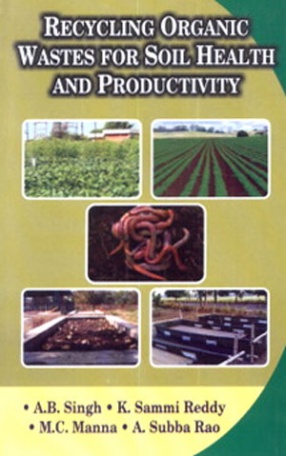
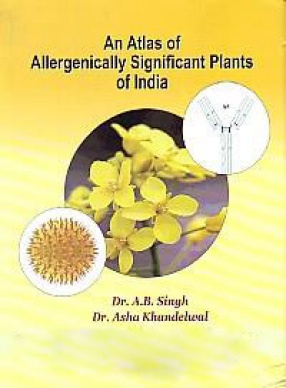
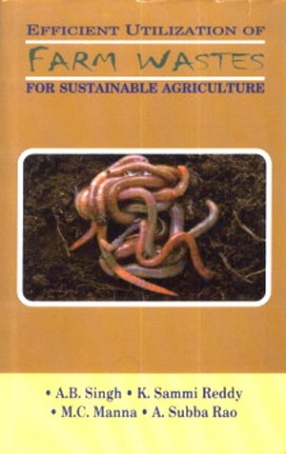




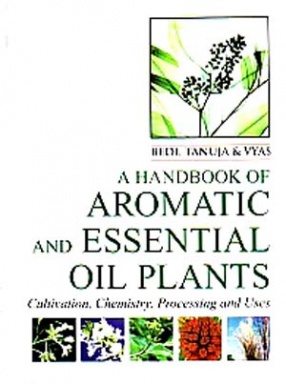
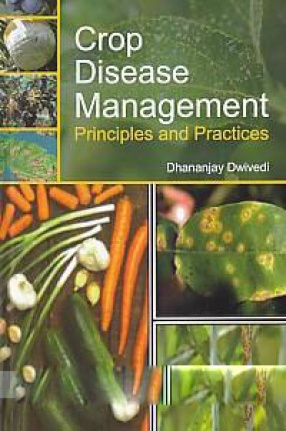
There are no reviews yet.